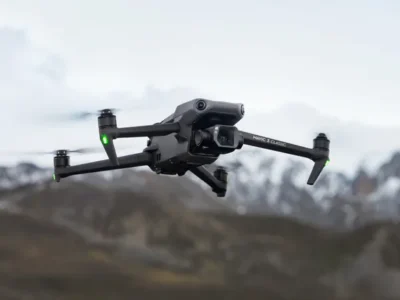In an attempt to monitor the emotions of long-distance bus drivers, the Beijing Public Transport Holding Group has initiated a program where drivers have to wear electronic wristbands which monitor the drivers emotions and state of mind when covering long routes.
This move aims to protect public safety by monitoring the drivers vital signs and emotional state so that no unfortunate incident occurs. However, legal experts have come out against the movement, saying that this could account for undue and unnecessary distress, leading to discrimination between drivers.
Around 1800 wristbands were given to bus drivers in Beijing that drove buses across the province and on highway routes. However, there is still no certain number on how many drivers will have to wear these wristbands. This new move might be a result of the bus crash that took place in Guiyang city in the Guizhou province last week, which resulted in 27 lives being lost and 20 people being injured. The passengers were on their way to a quarantine center when this event took place.
The wristbands the drivers are supposed to wear provide a live feed of the driver’s body temperature, blood oxygen, heart rate, respiratory rate, blood pressure, and sleep. Additionally, the bands also measure the anxiety levels of the driver and whether they are panicking in a situation or not. All of this data can be monitored in real-time. By doing this, the company can deduce if any of the drivers have any mental health issues and how their bodies react to certain situations.
Some of the initial tests regarding the wristbands were done on 1st June on bus drivers that were operating the Tongzhou district in Beijing. The company made a statement on social media that the use of wristbands was to strengthen the physical and mental health of the drivers. The director of cybersecurity legal affairs at Jingsh Law Firm in Beijing also made a statement regarding the use of wristbands, that it was an essential step in public safety consideration as more traffic accidents were taking place in recent years. However, she questioned the fact that even if the wristband detected abnormalities, there wouldn’t be enough time to act upon it and that the data could be of benefit after accident analysis.
Many other people, such as Calvin Ho Wai-loon, an associate professor of Law, questioned the accuracy of the device and raised concerns regarding what if there were inaccuracies, which could lead to unfair discrimination.
Previously, there have been instances in China where people have been forced to wear electronic wristbands. In March 2022, the Chengdu Police in the Sichuan Province tracked potential suspects on surveillance or patrol using electronic wristbands to provide real-time information to the police.






















Comments